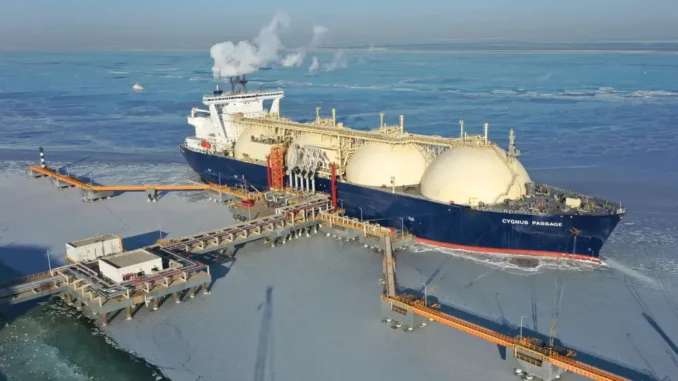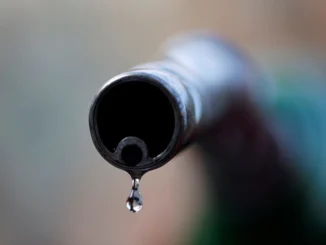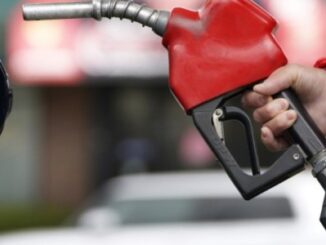
The energy crisis in the European Union will last for years if new supplies of natural gas are not procured and the demand remains at present levels, according to a new report by the Financial Times, citing industry strategists and executives.
The report notes that even with reserves fully filled in preparation for the winter, it will not guarantee that there will be sufficient energy available for next summer and the next winter.
Despite a marked reduction in Russian gas supplies following the market tumult produced by the war in Ukraine, the EU had managed to fill their reserve storage capacity to 90% full as of the end of September, just in time for the traditional surge in winter demand to begin. That may be enough to make it through the winter, however the issues of future gas demand will not be fully surmounted so easily.
Sid Bambawale, the head of liquefied natural gas for the Asia region at Vitol, said, “We are in a gas crisis, and we will continue to be in a little bit of a crisis mode for the next two or three years. So let’s not develop a false sense of security.”
The specialists cited in the report note that the EU will need to radically reduce their reliance on natural gas, and find additional supplies, in order to find a long-lasting solution to the energy issues of the continent.
Russell Hardy, chief executive of Vitol notes that at present, the only possible solution is if gas prices are kept at such high levels over next summer, that they forcibly reduce industrial consumption. That would allow nations to fully refill their natural reserves. However if gas is maintained at that high a price, it will still be hitting consumer pocketbooks, as well as reducing the supply of industrial products. That will continue to drive a persistently high inflation, and that will drive central bank actions which will have further negative effects on economic growth.
The present energy crisis has been driven by a panoply of factors, mostly triggered by Russia’s military actions in the Ukraine. European sanctions on Russia have both impeded Russian energy from reaching the market, as it created maintenance issues on Russian gas pipelines which ultimately cut off all flows. In addition sabotage of Russian gas pipelines have made it impossible to resume any energy purchases from Russia through the Nord Stream pipelines.
In addition, the present geopolitical situation makes it almost impossible for Europe to avail itself of cheap and abundant Russian fuels. This has forced Europe to enter an increasingly tight American and Mideast market in search of liquified natural gas, which has driven energy prices sky high within the continent.
Many nations, as well as the bloc as a whole, are looking to offer subsidies and price caps to try and ease the burden on consumers. However, those are temporary measures, which will not prove economically sustainable in the long term, as many European businesses are already beginning to relocate overseas in search of cheaper energy overhead.
The Daily Financial Trends



